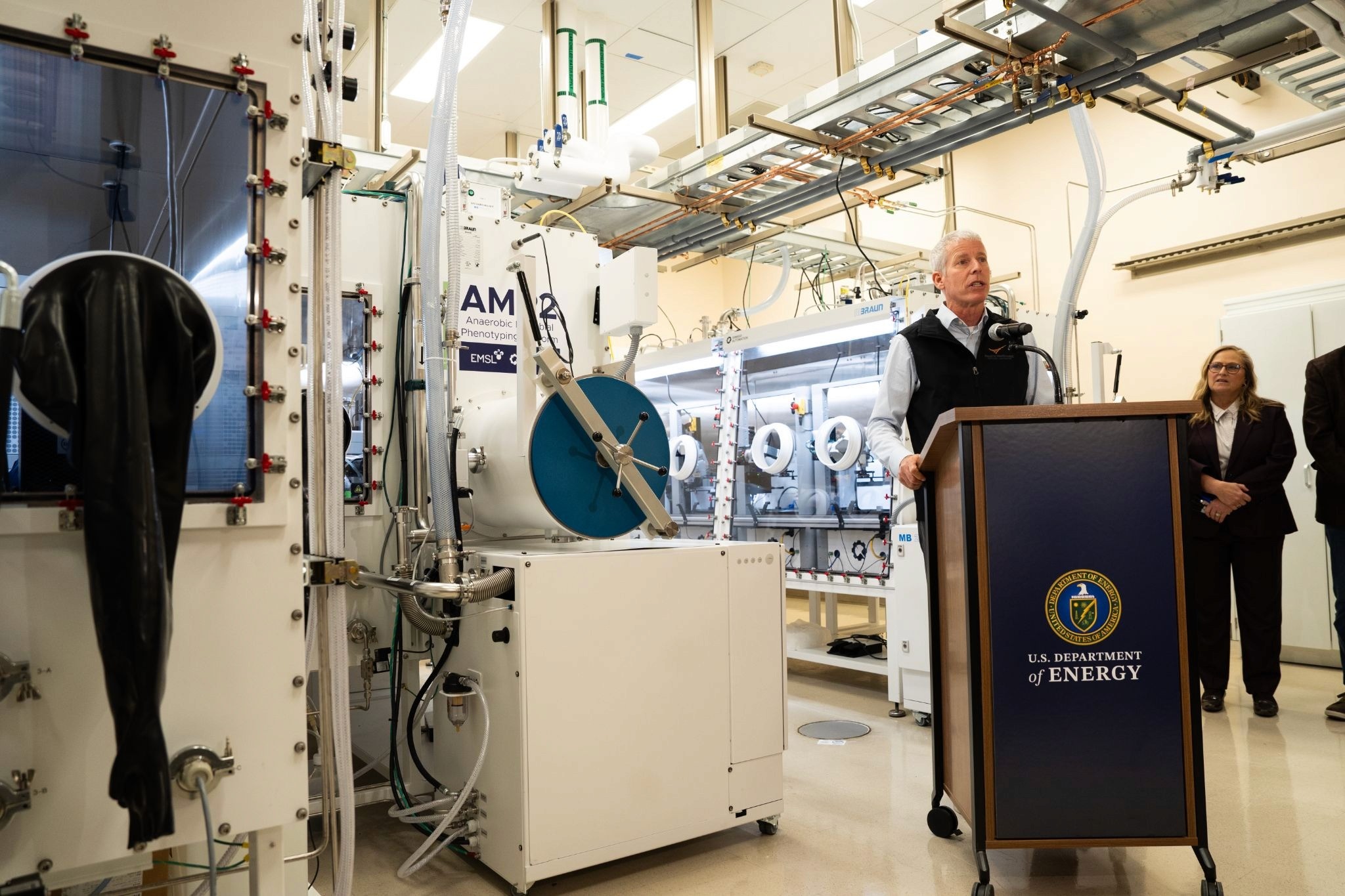Getting Plant Disease Diagnostics Right for Future Biosecurity
Journal’s special focus issue addresses the vital role of assay validation in preventing plant disease spread and ensuring biosecurity
Jul 22, 2023
DAPA Images (Canva)
In an era of vast global trade, with its inherent potential for spreading novel plant diseases, the United States biosecurity system is facing increasingly complex challenges. Rapid response is often needed to tackle outbreaks of emergent plant diseases, even before validated diagnostic tests are developed. In addition, countless pre-existing plant pathogens are often identified through assays that lack thorough and consistent validation, leading to potential inaccuracies in diagnoses, delays in disease management, and serious ramifications for growers and the wider public.
In response to these growing concerns, Kitty Cardwell, Director of the Institute for Biosecurity and Microbial Forensics at Oklahoma State University, in partnership with The American Phytopathological Society (APS), has led the publication of a significant focus issue in the journal PhytoFrontiers. The issue, titled “Diagnostic Assay Development and Validation: The Science of Getting It Right,” encapsulates an extensive and visionary collaboration to address the urgent need for greater harmonization in plant health diagnostics within the U.S. agricultural biosecurity system.

“This focus issue is the result of years of a growing awareness of a gap in coordination and resources for plant disease diagnostic assay development and validation. The existing and emerging plant health problems on a vast array of plant hosts mean that we are often responding to an outbreak even before there is a well-validated diagnostic test,” the authors wrote, “With risk and pathway analyses, which provide intelligence about the likelihood of a serious potential problem, there is the opportunity to develop and validate diagnostic assays in a timely manner. The problems that we do not see coming tax the ability to quickly develop and validate a diagnostic assay. The development and validation of new tests or assays, and further evaluation of the performance of the test or assay under new conditions, are not coordinated within the U.S. biosecurity system.”
Over twenty-five open-access articles form the core of the focus issue, composed of ten perspective pieces and sixteen research articles. A significant portion of the perspective articles have arisen from expert dialogues sustained over several years, bolstered by a seed grant from the USDA National Institute of Food and Agriculture (NIFA 2020). Other pieces discuss outcomes from VALITEST, an analogous project sponsored by the European Union, which also focuses on diagnostic assay validation.
The issue also outlines the rationale for the development of the Diagnostic Assay Validation Network (DAVN), aimed at improving the accessibility and transferability of standard diagnostic methods and validation data across institutions. "Outcomes of the DAVN will include more validated diagnostic assays, faster assay development time, and better coordination and communications across the continuum of plant health professionals and the industries they serve, as well as networked people, technology, and resources to protect agriculture, the environment, and trade,” Cardwell stated.
A series of six research articles in the focus issue discuss the development and validation of high throughput screening methods for the detection and identification of common plant pathogen taxa, with three specifically demonstrating the application of e-probe diagnostic nucleic acid analysis. Additionally, ten articles highlight the validation of polymerase chain reaction and recombinase polymerase amplification plant disease diagnostic methods for common plant pathogen taxa.
The focus issue marks a significant milestone for PhytoFrontiers, a relatively new journal published by APS. Editor-in-Chief Steve Klosterman commented, "The publication of this focus issue is an amazing accomplishment for PhytoFrontiers—due to the number of articles and their overall quality. Clearly, there is a thirst for this topic.”
This focus issue aims to not only amplify the discourse around the crucial nature of assay validation for diagnostic accuracy but also improve the quality of diagnostic assays and confidence in their application. The guest editors—Carrie Harmon, Poonam Sharma, James Stack, and Cardwell—assert that the focus issue will enhance the safeguarding of U.S. agricultural, horticultural, and natural landscapes. As the U.S. endeavors to preserve its critical global trade relationships, a transparent, sturdy assay validation system, backed by a network of resources and experts, will increase confidence in U.S. production systems among trade partners. The science of "getting it right," as delineated in this focus issue, paves the way for enhanced protection of plant health, both domestically and internationally.


















